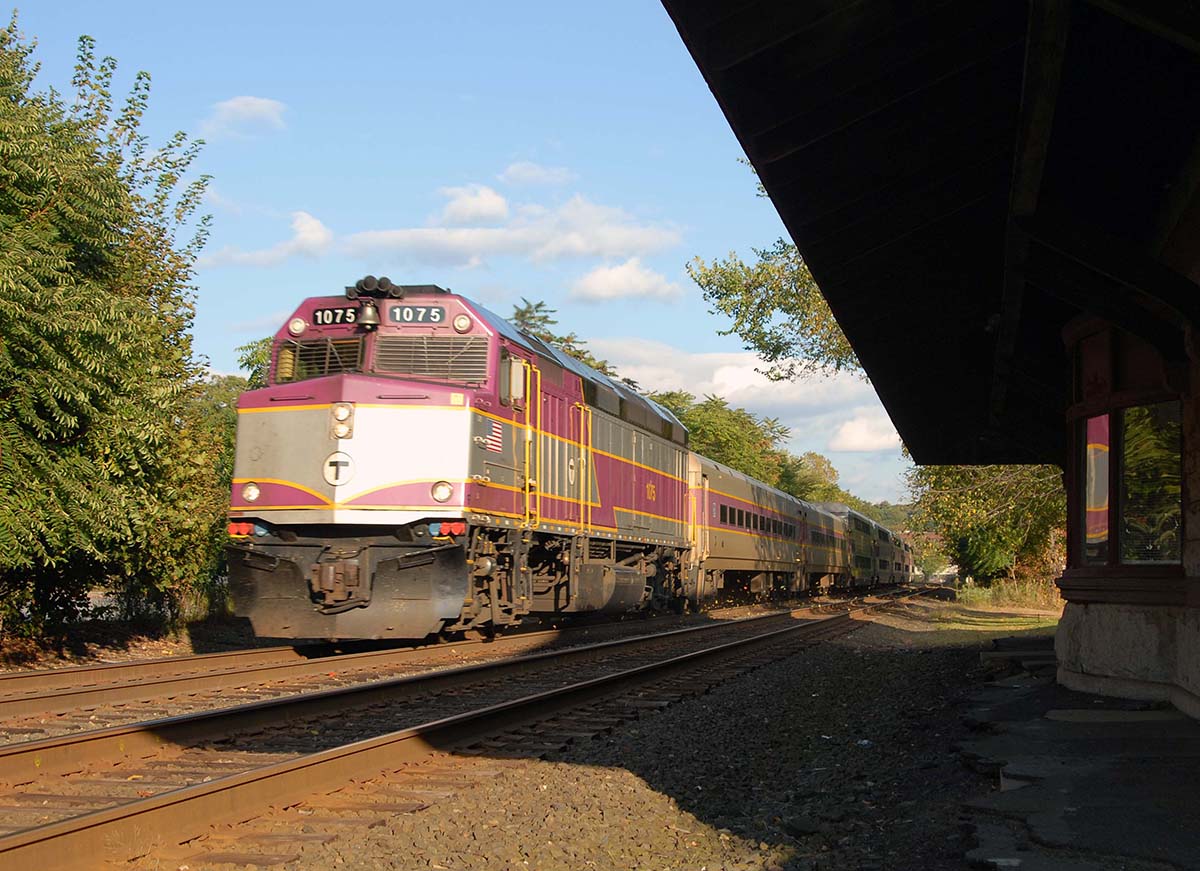The MBTA’s Commuter Rail Fails More than Any Other System in America
The Massachusetts Bay Transportation Authority often touts its unique status in United States transportation as the oldest subway in the country. Well, now it has another unique national distinction: It leads the country in system failures.
A new report from the National Transit Database found the Commuter Rail suffered 219 major mechanical failures in 2014, a figure four times higher than the national average. The MBTA topped New Jersey Transit’s 213 major mechanical failures for the top spot. With 129,019 daily passengers served, the MBTA Commuter Rail is the sixth busiest regional rail system in the United States.
The MBTA’s light rail system didn’t fare much better in the report. The Green Line suffered 983 major mechanical system failures in 2014, second only to the San Francisco Muni’s 1,539. The Green Line and Mattapan High Speed Line combine to form the busiest light rail system in the United States.
The latest report confirms what many already know: The MBTA has serious maintenance problems, to the tune of $7.3 billion. Gov. Charlie Baker created a new fiscal and management control board in the aftermath of the terrible winter of 2015 to oversee reform of the agency’s systemic problems, including its maintenance and repair backlog.
“The ages and conditions of the MBTA’s fleets are well documented,” said MBTA spokesperson Joe Pesaturo in an email.
The MBTA’s subway system suffered 472 major mechanical failures in 2014, far behind what was reported by the much larger systems in New York City and Washington, D.C. Strangely, Atlanta’s system had more than double the MBTA’s failures, even though it’s just ten miles longer and much newer.
“The MBTA’s Red Line continues to operate the oldest heavy rail cars in the nation. MBTA machinists and repairers will continue to work very hard to keep the aging fleets operating while the schedule for building and delivering hundreds of new Orange and Red Line cars advances. Dozens of new trolleys for the Green Line are also on their way,” said Pesaturo in an email, where he also touted the many ongoing repairs to existing trolleys.
The MBTA recently added 40 new locomotives on the Commuter Rail to replace older trains still in service.
The MBTA’s system failure problem is not limited to dry land—the ferry system had the second highest number of major mechanical failures in 2014, trailing only Washington State’s elaborate ferry system, which services 61,745 people to the T’s 4,439.


